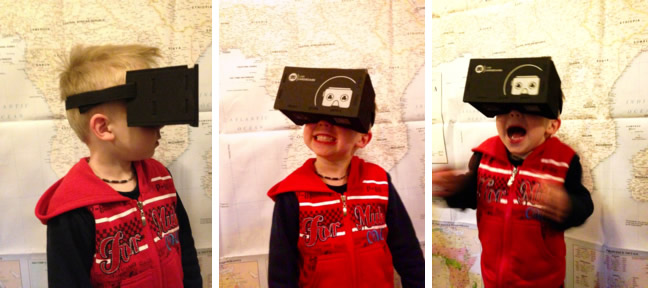We just uploaded “Soul (Slow Online and Ubiquitous Learning): Analysis and Regulation of Instructional Time,” which will be presented at the upcoming STEM in education in conference here at UBC.
ABSTRACT: This paper addresses an experimental and innovative pedagogy and philosophy: Slow Online and Ubiquitous Learning (SOUL). Since 2011, the co-authors have implemented SOUL as a pedagogy and philosophy into the online courses they teach at a university level. Pedagogically, SOUL is a pragmatic temporal regulation that limits and paces course commitments for students and instructors. Philosophically, SOUL is an intervention into the conventional wisdom that portrays online learning as a limitless exchange of ideas 24/7. This paper provides a theoretical framework that underwrites SOUL, reviews relevant research on time, and analyzes instructors’ and students’ experiences and self-study data.

 Follow
Follow


